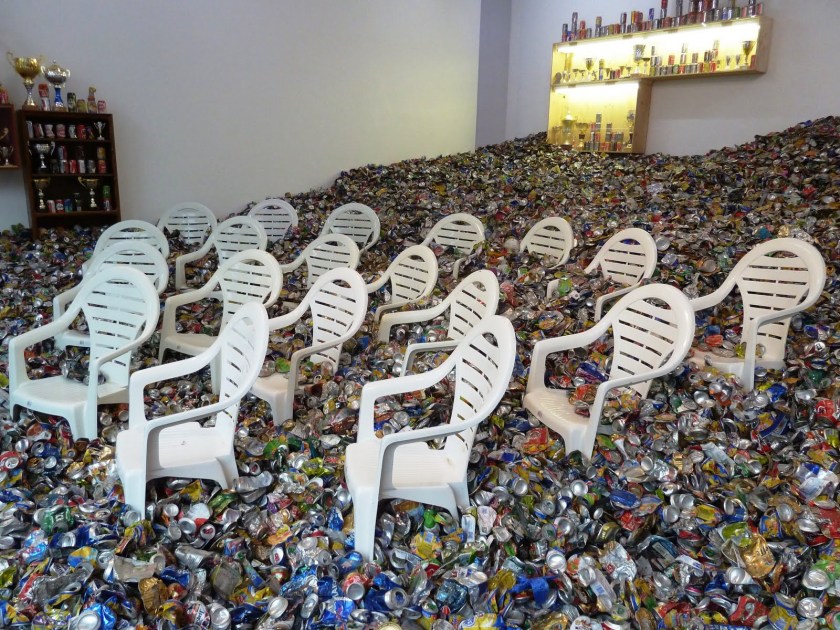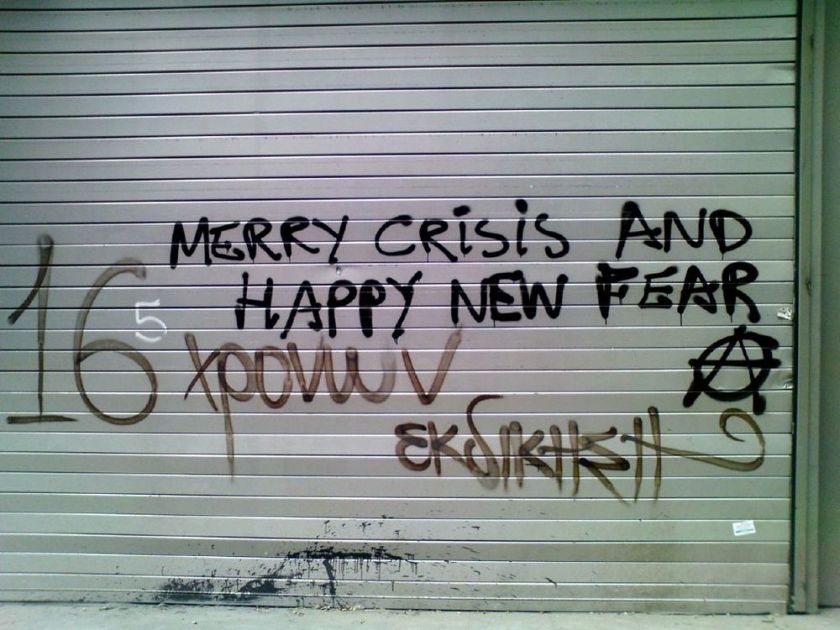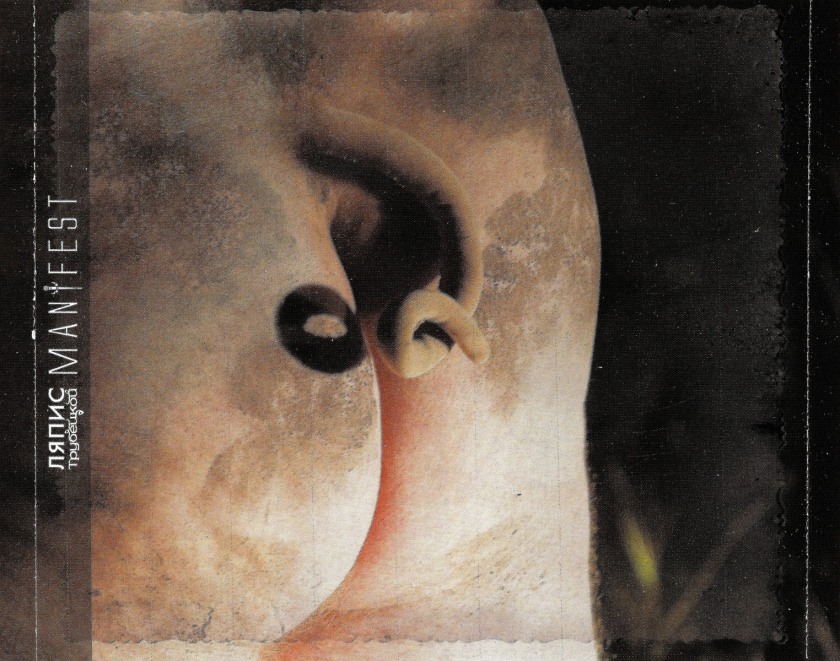Considering the socio-economical situation of your own country, which were the real employment prospects you had when you first undertook your studies in curatorial practices?
PT:In Portugal, as in other countries, we do not have many employment prospects in curatorial practices. Apart of some small projects inside universities or small galleries, it is very difficult for young curators and other art professionals to find a job and apply all their acquired skills.
In our country, we have some opportunities together with private institutions, that provide few scholarships for projects annually, but when we came across the offer in public jobs or public support for the arts, the landscape is very different. Continue reading “PIIGS Interview #3”




